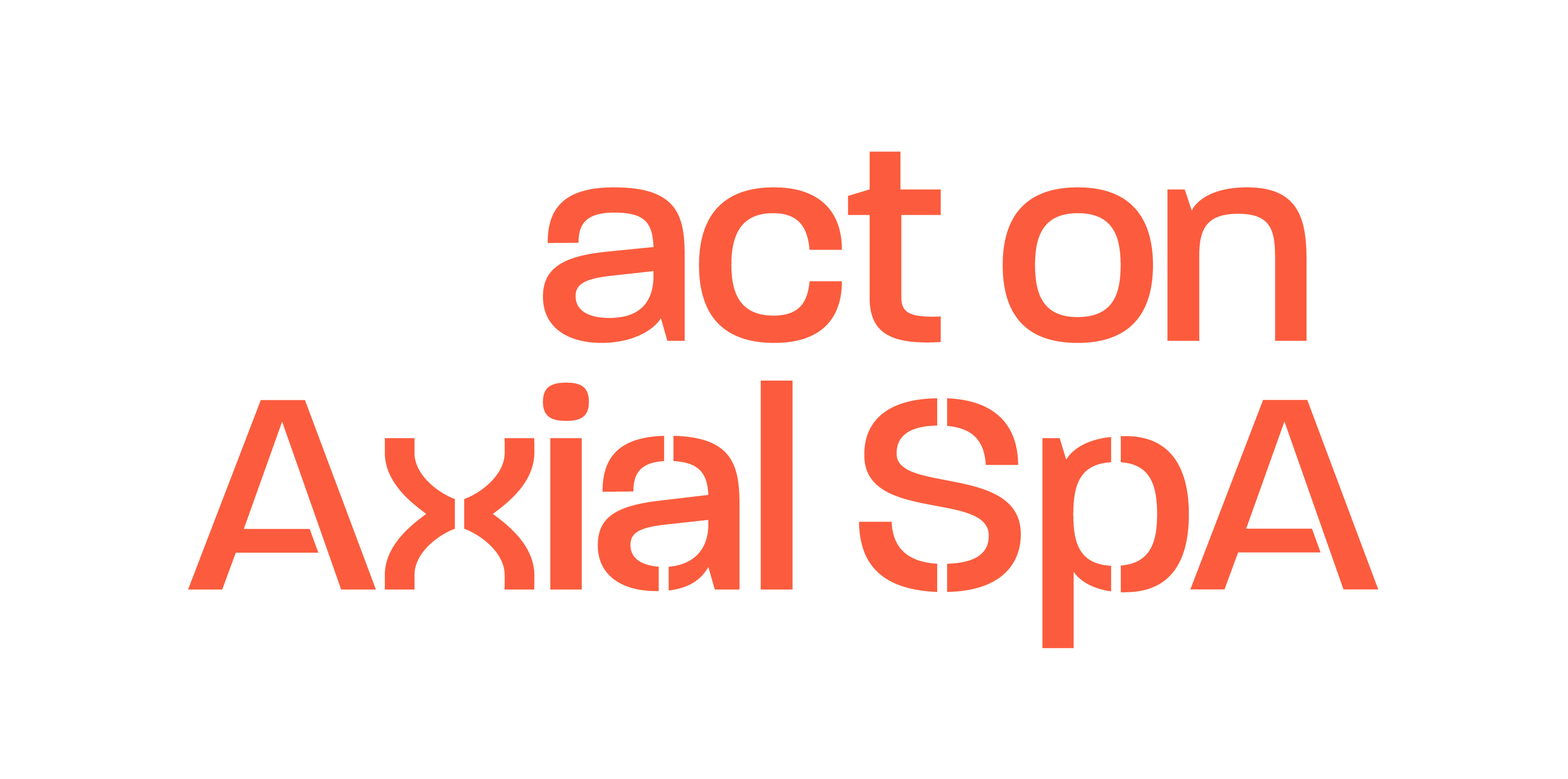Talia said: “Pain took over my life. When I was supposed to be studying music, I was researching my symptoms. I met dead end after dead end and started to feel like I was losing my mind. When I finally received my diagnosis in January 2019, I had really mixed feelings. It was a relief to have answers but by that point lasting and permanent damage had already been done. I’ve now got irreversible fusion in my spine which means my movement is restricted and always will be. I’m so vexed that this wasn’t caught sooner.
“I’ve teamed up with NASS because I am determined to ensure that young people with axial SpA get the answers they need, quickly.”
Talia has always had a passion for music, she followed in the footsteps of Queen’s Freddie Mercury by studying at West Thames College and was in the same class as stars like Amy Winehouse and Tulisa. In recent years, Talia’s music career has gone from strength to strength with recent hits reaching number one in the iTunes Blues and Soundtrack charts. Talia has garnered an impressive following on her music journey so far, with rock legend Brian May supporting her work.
Dr Dale Webb, CEO at NASS said: “Talia’s help will be pivotal in ensuring we can reach young people. We want people under 45 years of age with persistent back pain to check whether they could have axial SpA and see their GP if they’re experiencing symptoms.
Our research uncovered a critical lack of awareness about axial SpA, particularly among younger people. It’s crucial that people in their mid-teens to early 20s are aware of the condition and know what symptoms to look out for. It’s a race against the clock with axial SpA and by working together, we can reduce diagnosis timelines from 8.5 years, to just one.”
Axial SpA is an inflammatory disease of the spine and joints. Inflammation where muscles attach to the bones, causes extreme pain. If left untreated, it can permanently fuse bones together.
Anyone who thinks they might have axial SpA should visit actonaxialspa.com to check their symptoms and see if they should speak to their GP about the condition.
Notes for editors.
About the National Axial Spondyloarthritis Society (NASS)
At NASS, we transform the diagnosis and care of people living with axial SpA. It’s an invisible and misdiagnosed condition. Often leaving people feeling powerless, in increasing pain and extreme exhaustion.
So we campaign policy makers for early diagnosis and better services. We work with the NHS to get axial SpA identified and diagnosed quickly.
We’re determined that everyone receives effective care. We make sure people with axial SpA get the latest information and the support they need to tackle living with the condition. And we build an active community, online and through our local branches across the UK. We are with them all the way.
Axial SpA may work silently. We don’t.
About the Act on Axial SpA campaign
The Act on Axial Spa campaign is part of the Gold Standard Time to Diagnosis programme. It is the first programme in the world to call for a Gold Standard time to diagnosis of axial spondyloarthritis. It aims to reduce the average time for diagnosis from eight-and-a-half years to just one.
Over the next four years, we will work closely with people living with axial SpA, primary and community care, secondary care, professional bodies, commissioners, Parliamentarians and policy makers, to focus and streamline efforts to reduce the time to diagnosis to no more than one year from symptom onset.
We will also run a campaign to improve public awareness of the condition and its signs and symptoms, encouraging people with persistent lower back pain to find out if they could be living with axial SpA.
About the programme partners
The Gold Standard Time to Diagnosis programme is led by the National Axial Spondyloarthritis Society (NASS) in partnership with Norfolk & Norwich NHS Foundation Trust and RUH Bath NHS Foundation Trust.
The campaign is funded by UCB (www.ucbpharma.co.uk), a global biopharmaceutical company focused on the discovery and development of innovative medicines and solutions to transform the lives of people living with severe diseases.
Research Methodology
NASS conducted this research on 8 June 2021. We used a self-service research platform to survey a nationally representative sample of 1,500 people, and the results were weighted by age, gender, education, social grade and region. The research has a margin of error of 4.3%.

